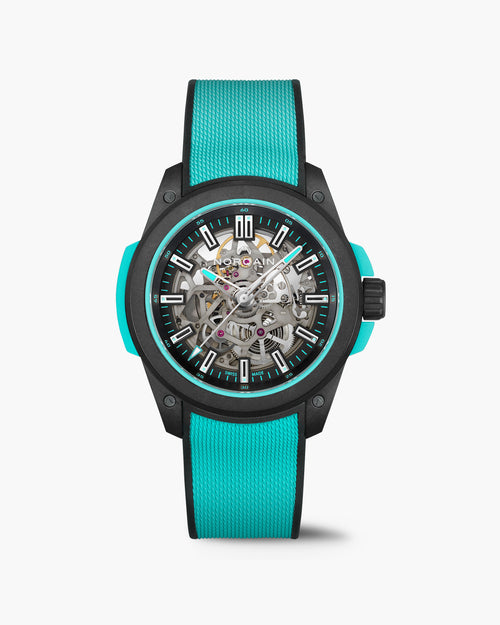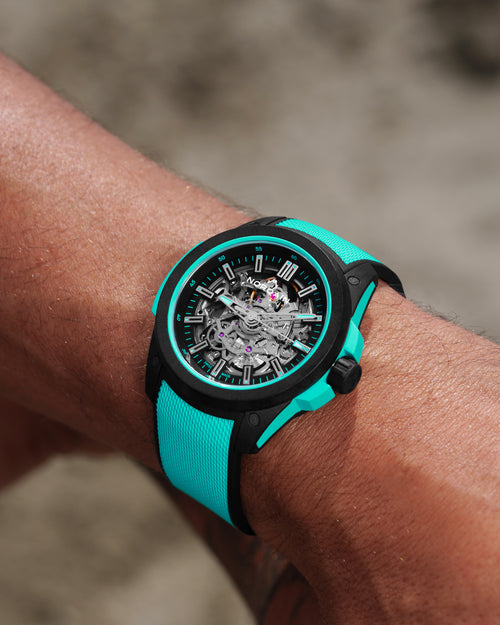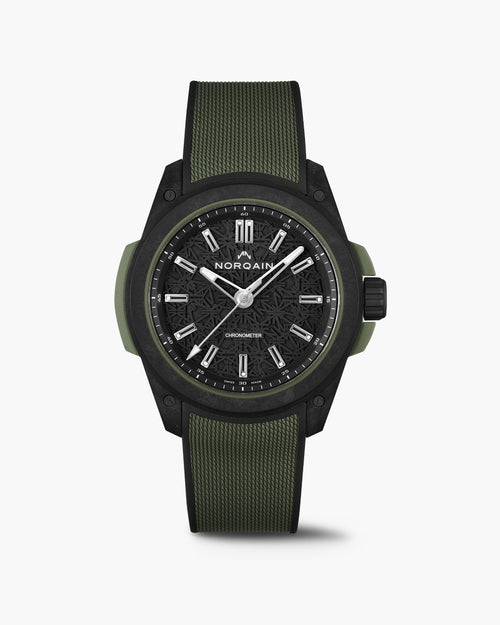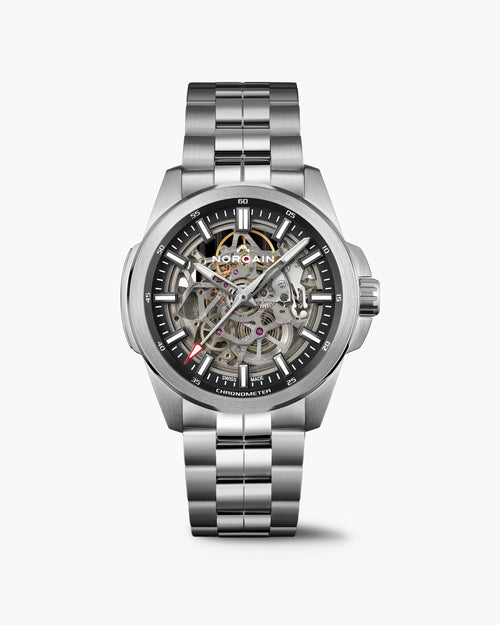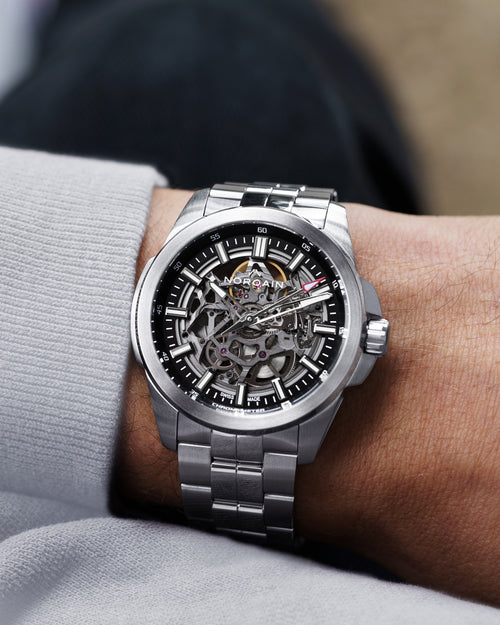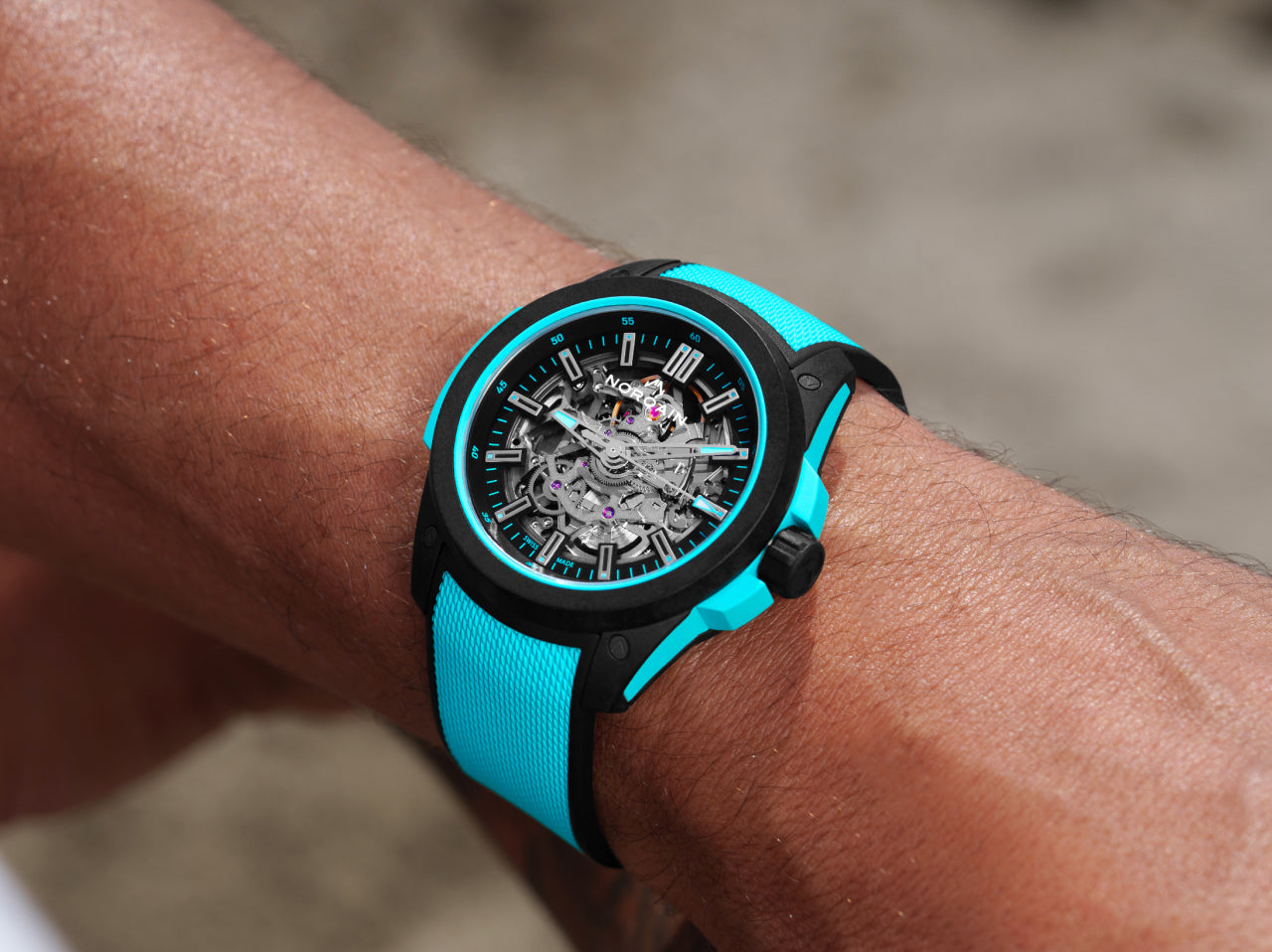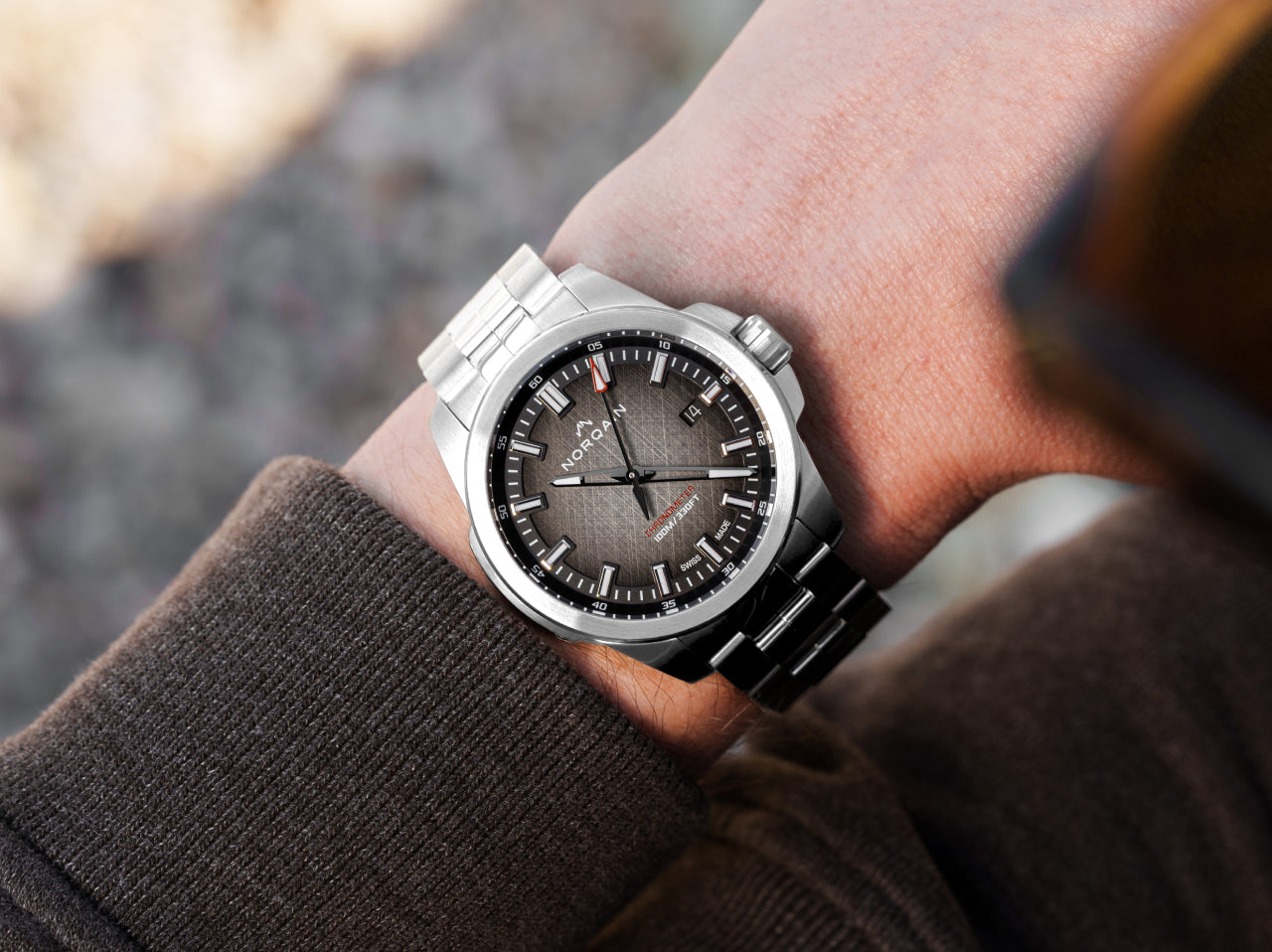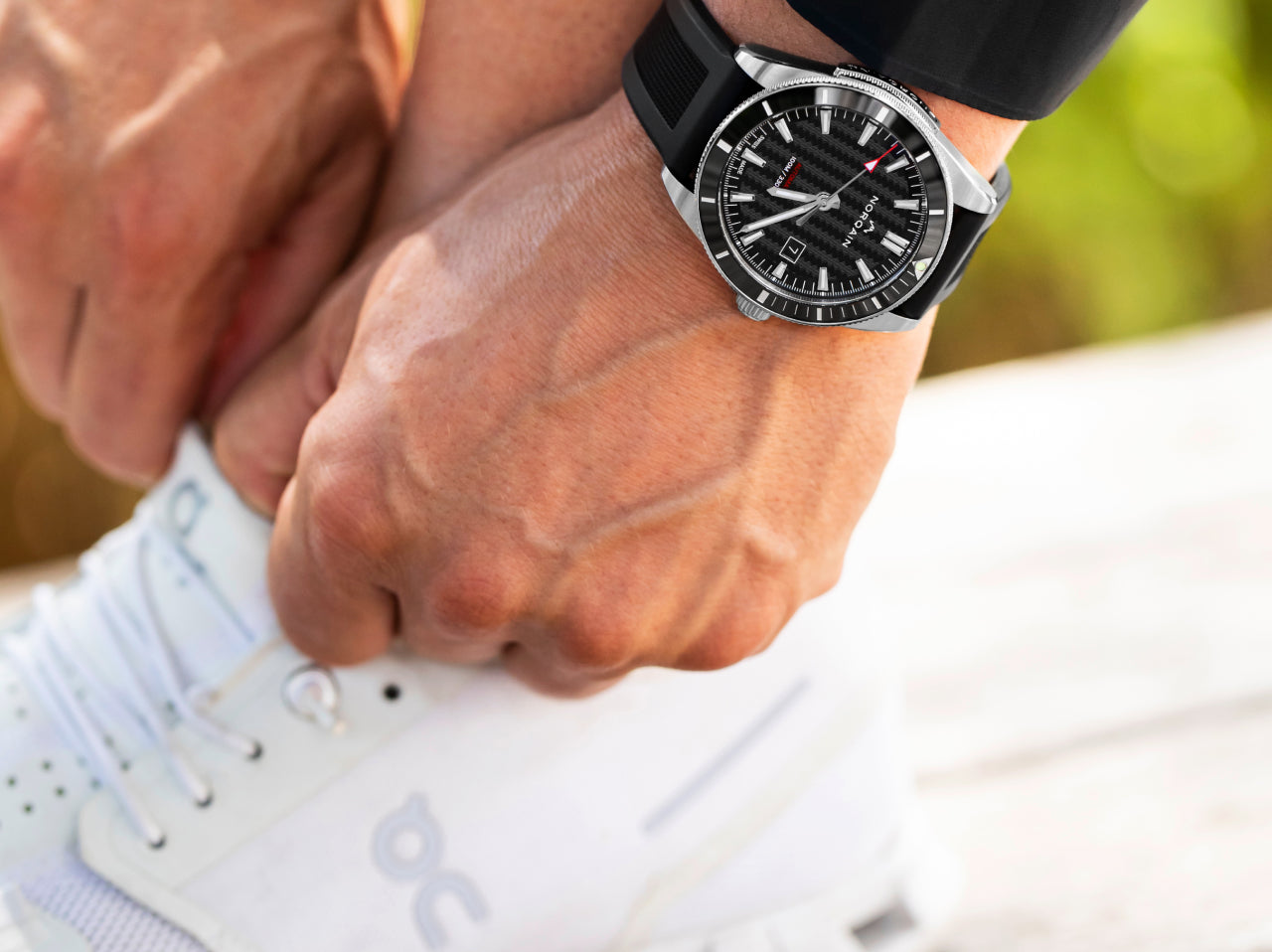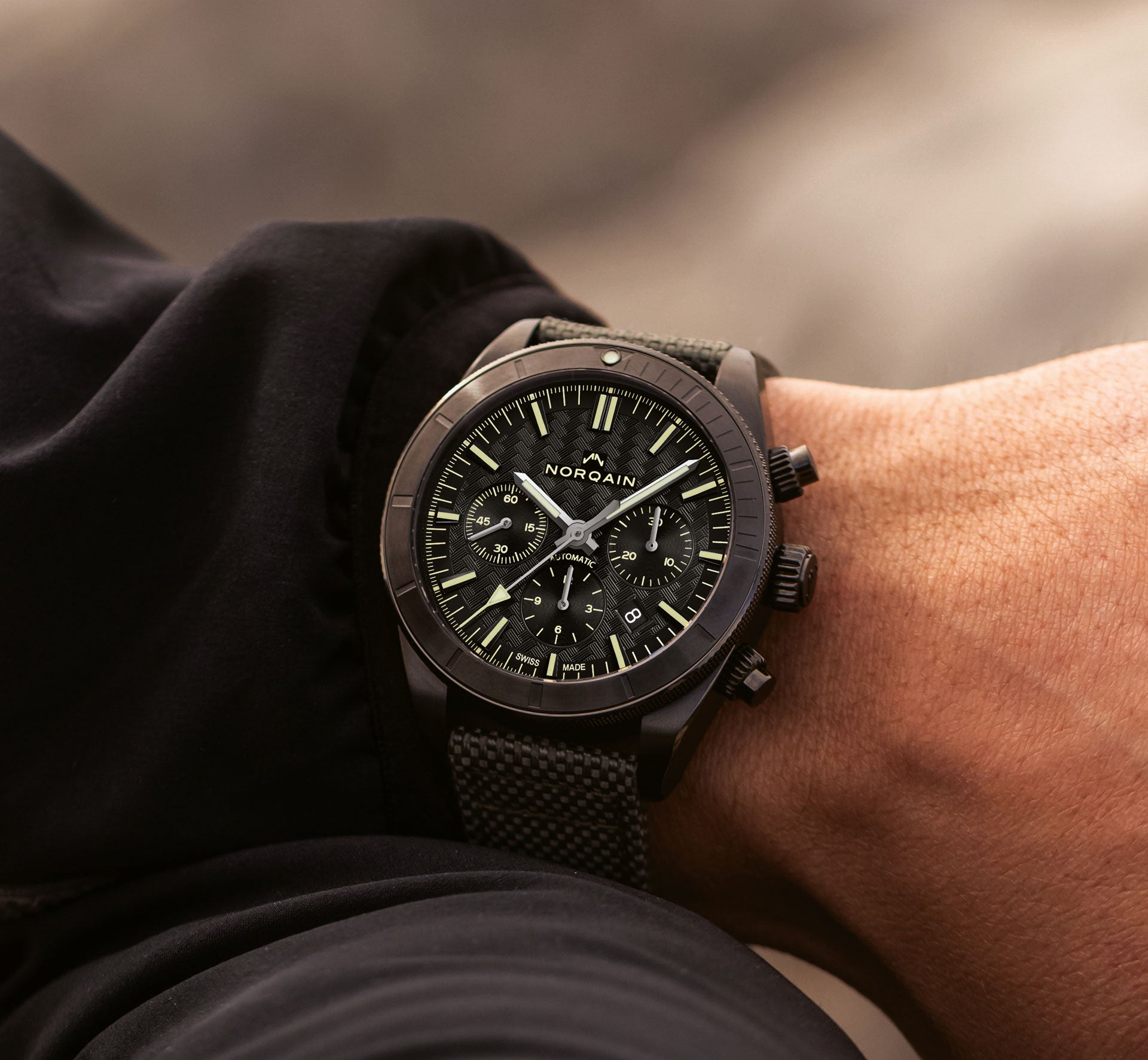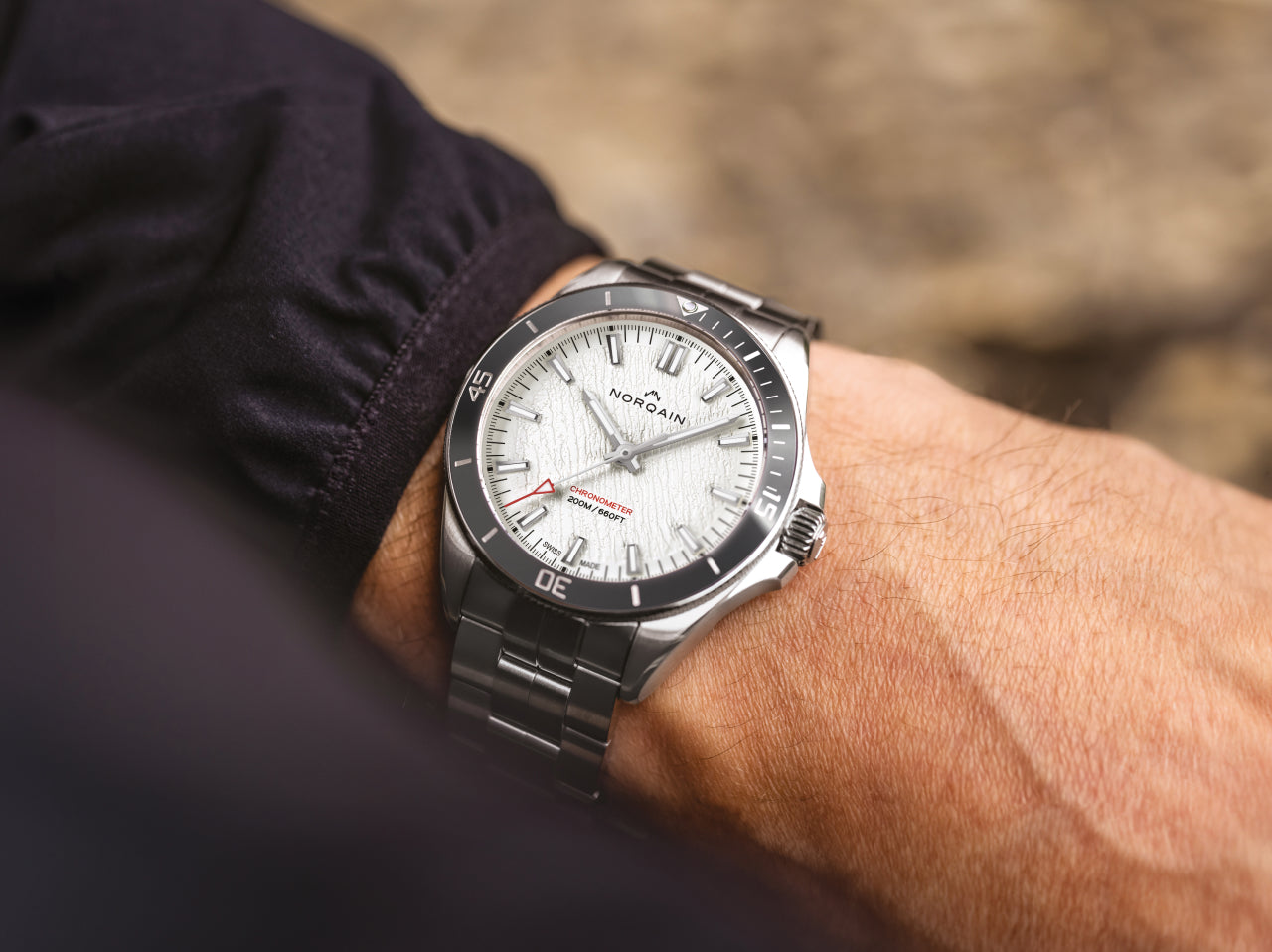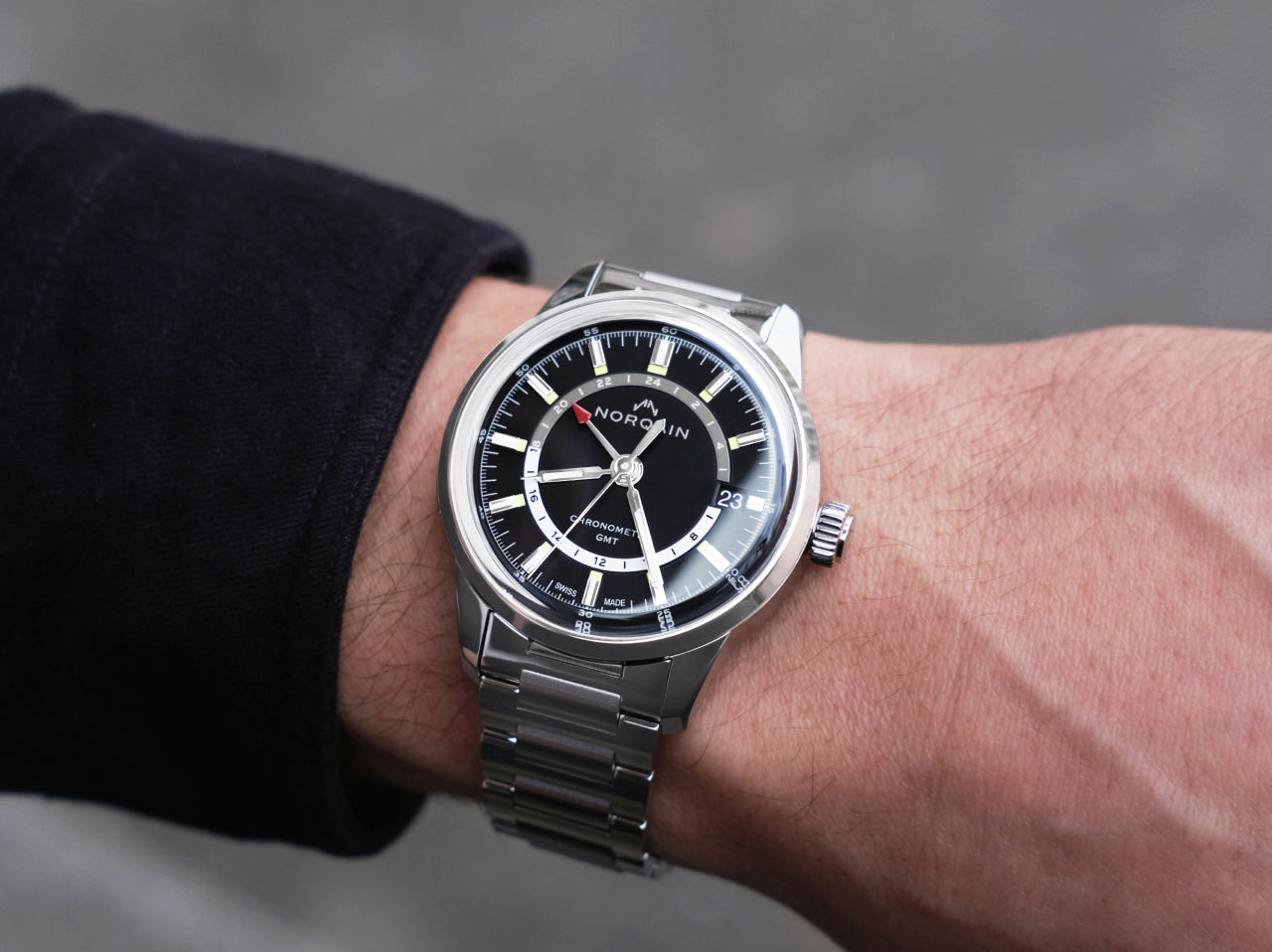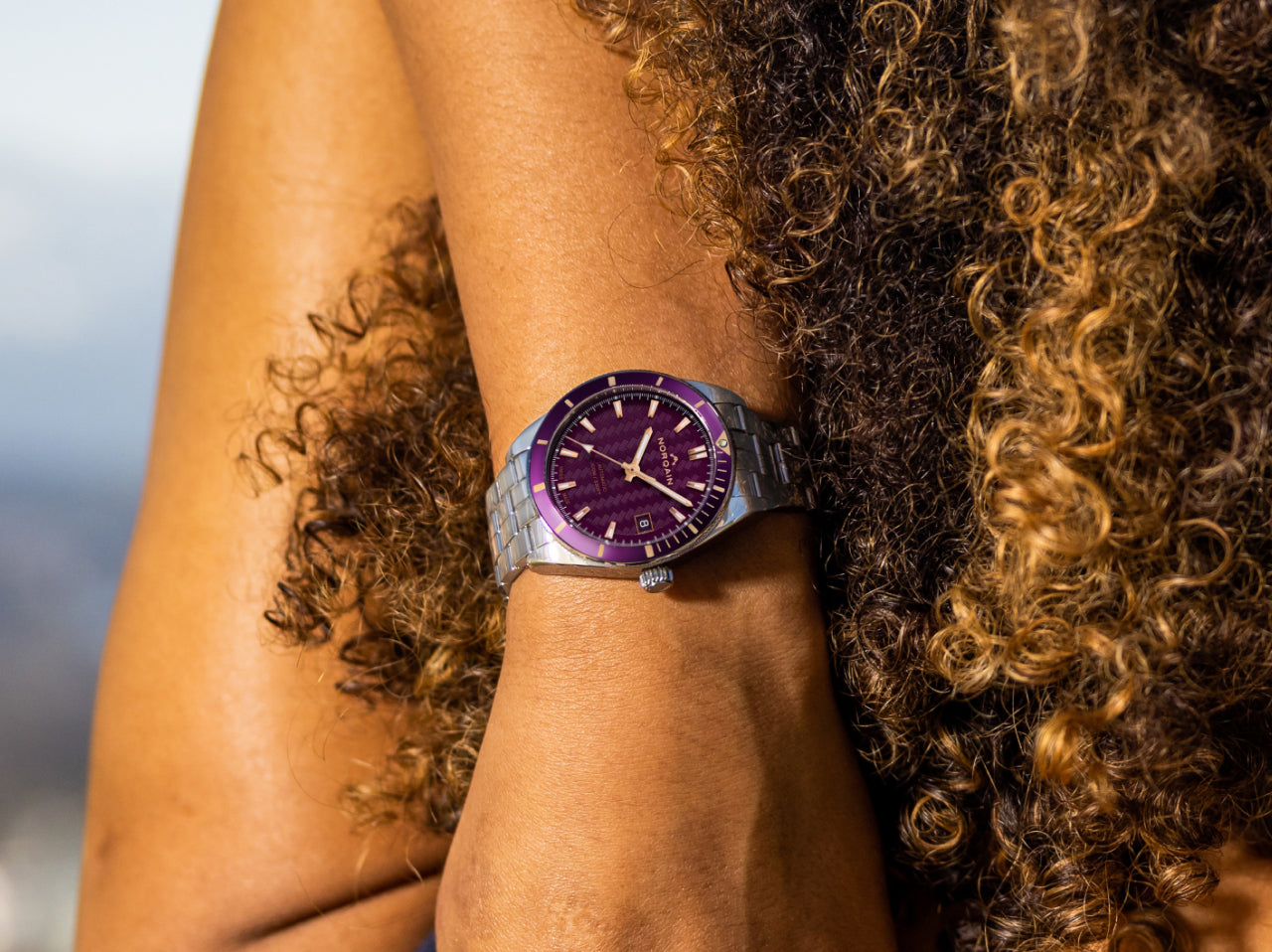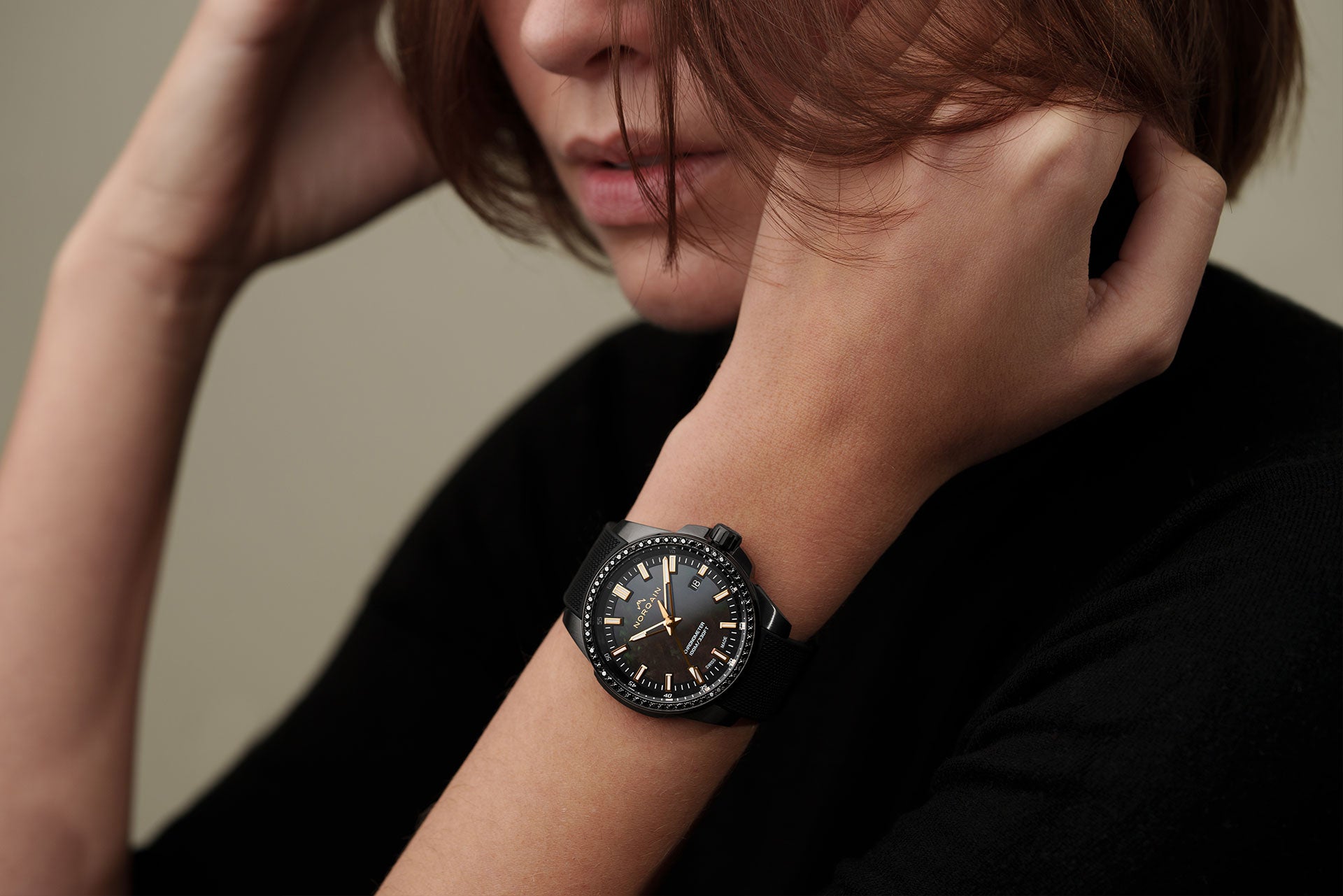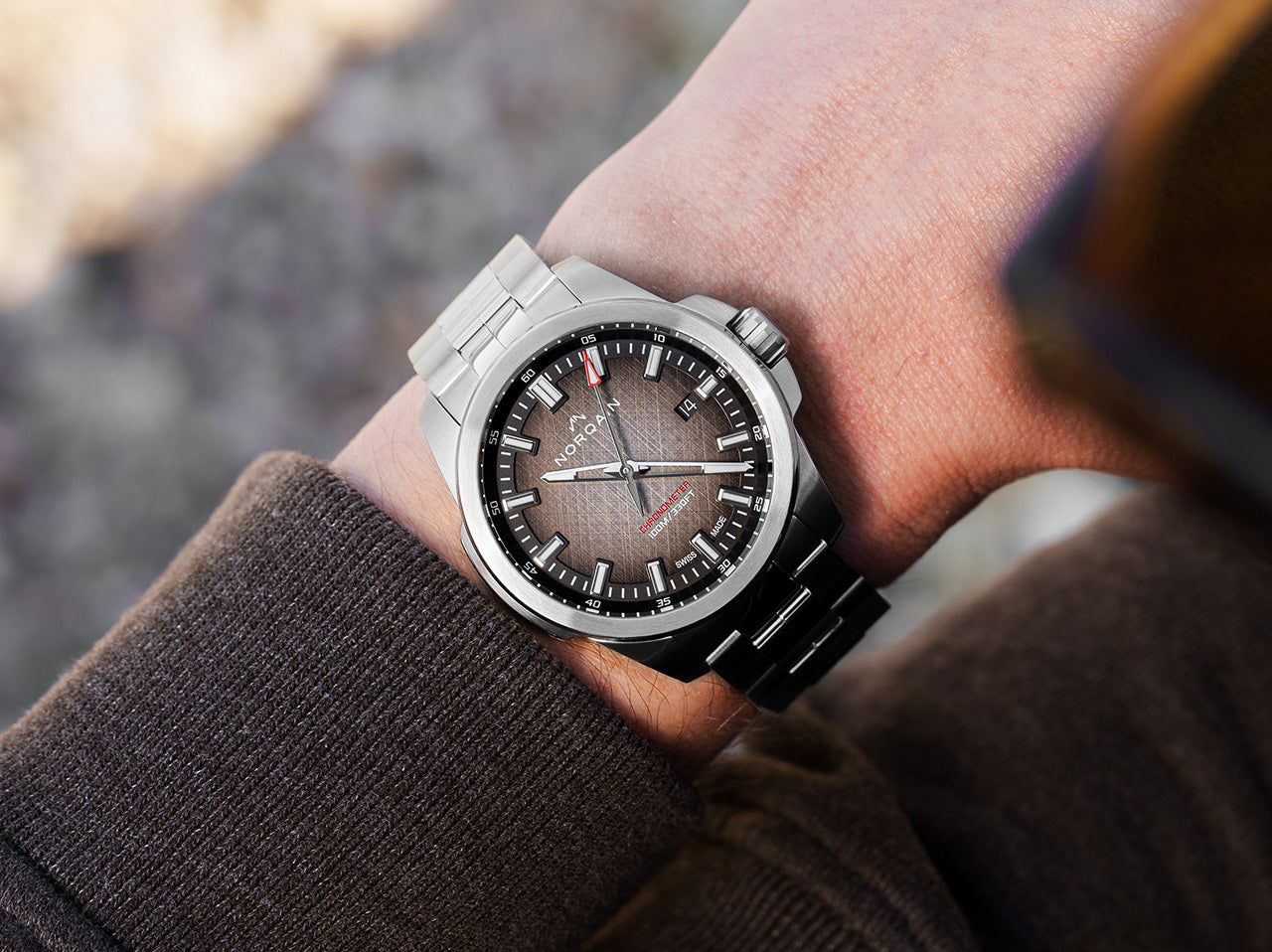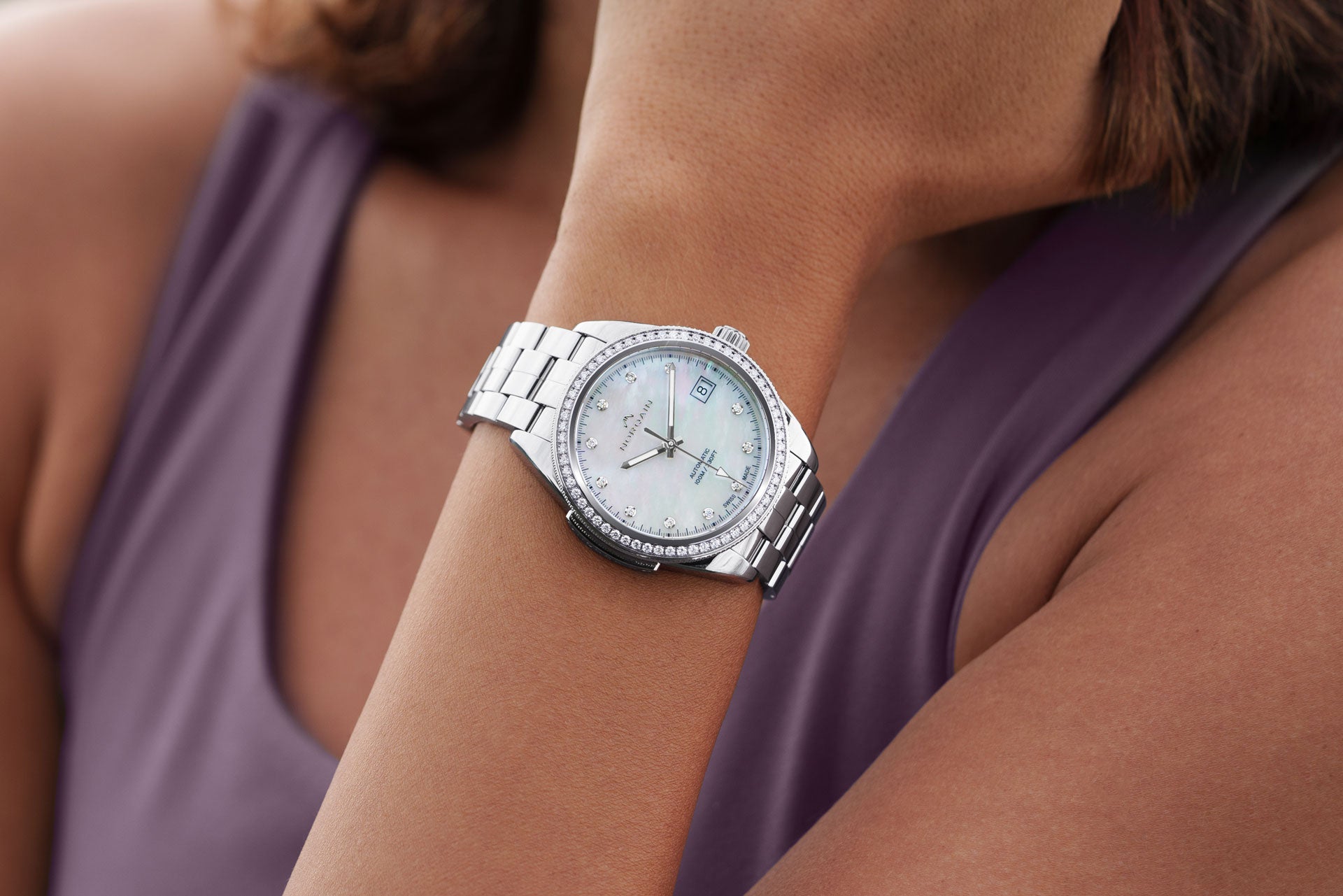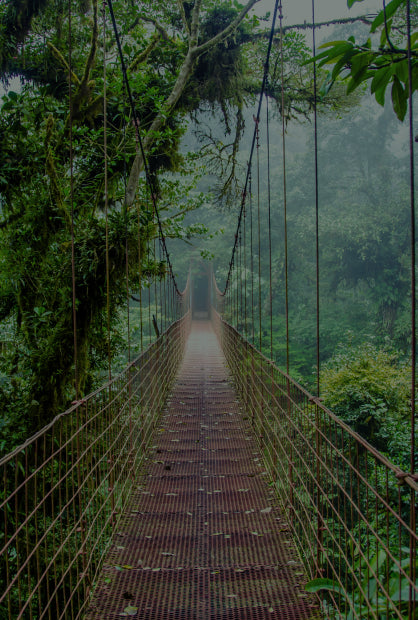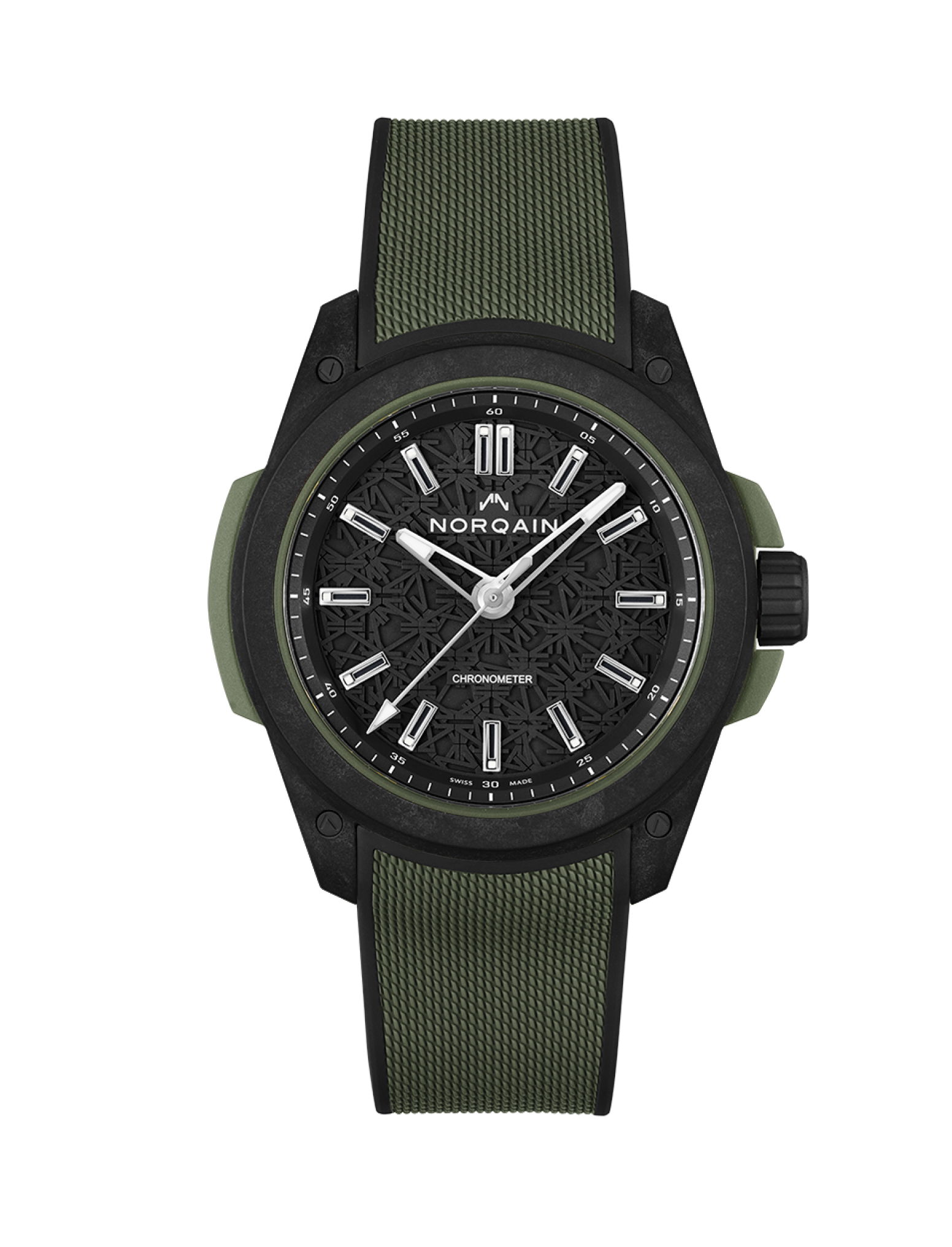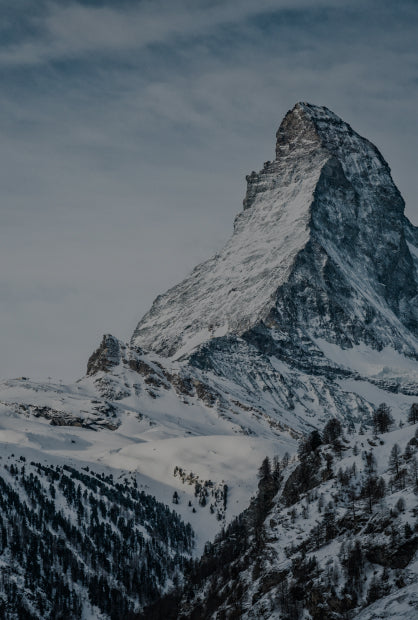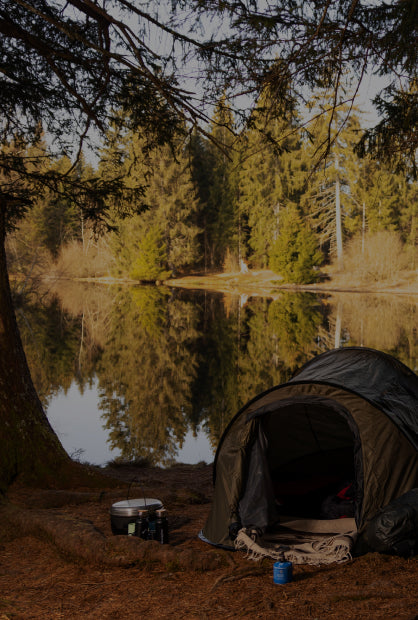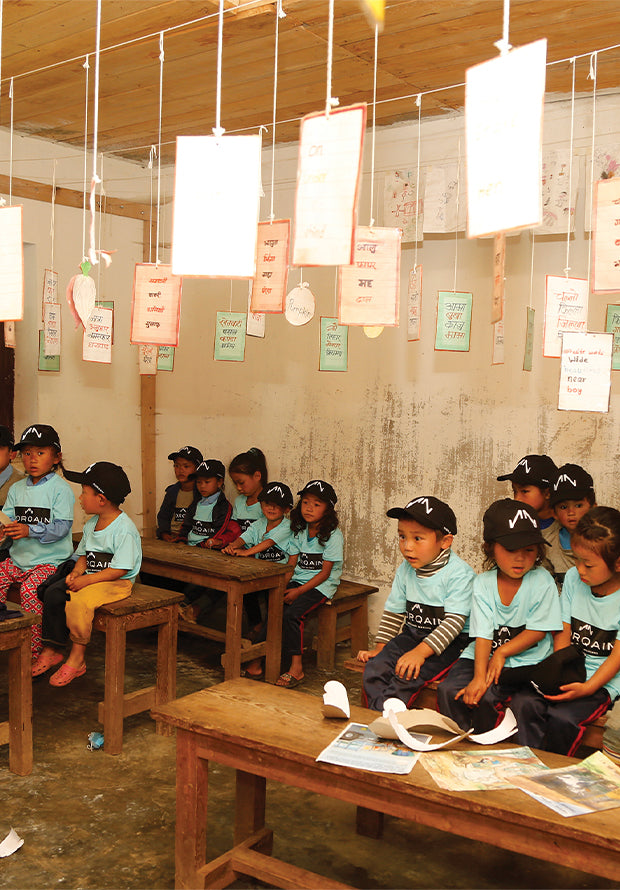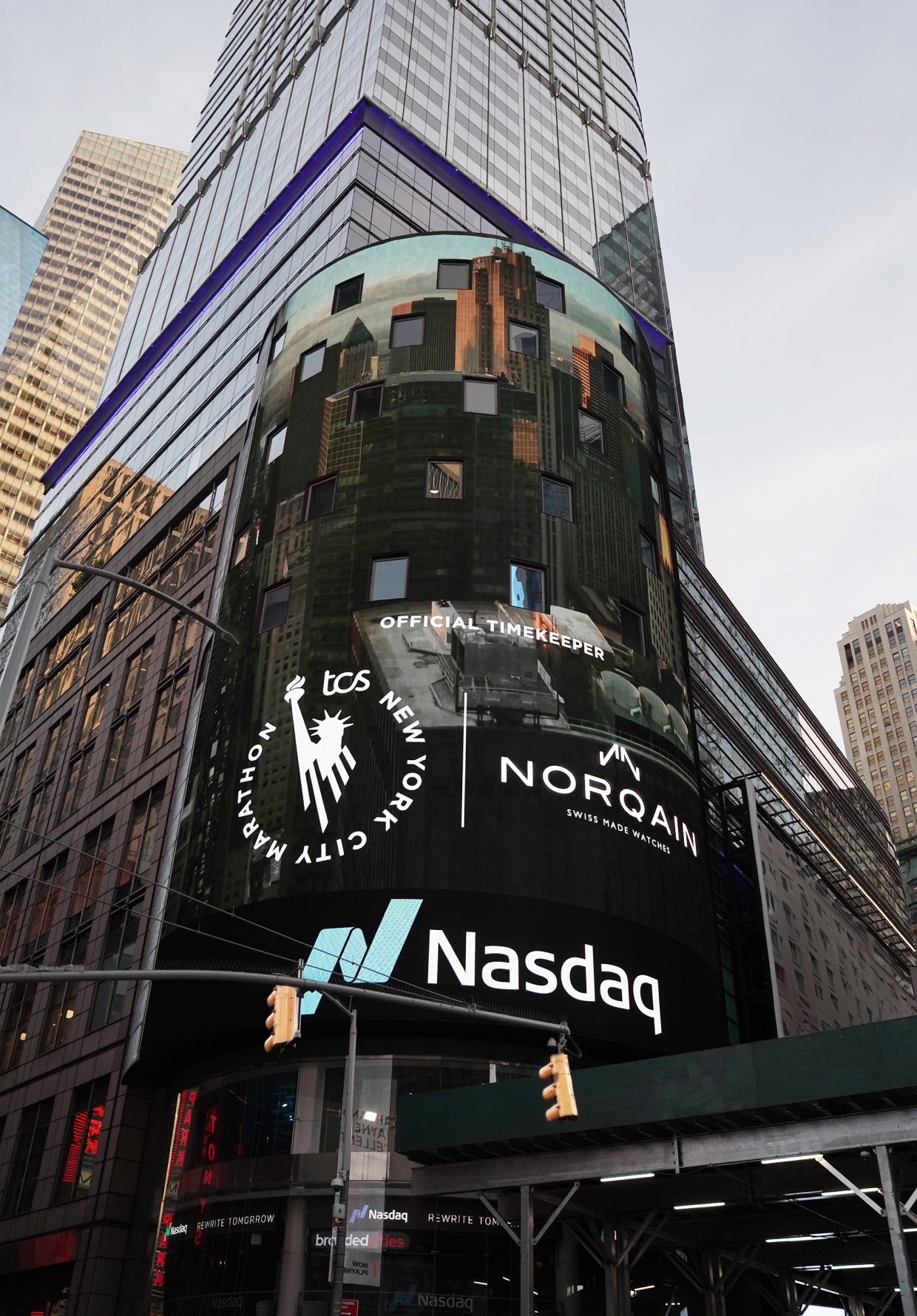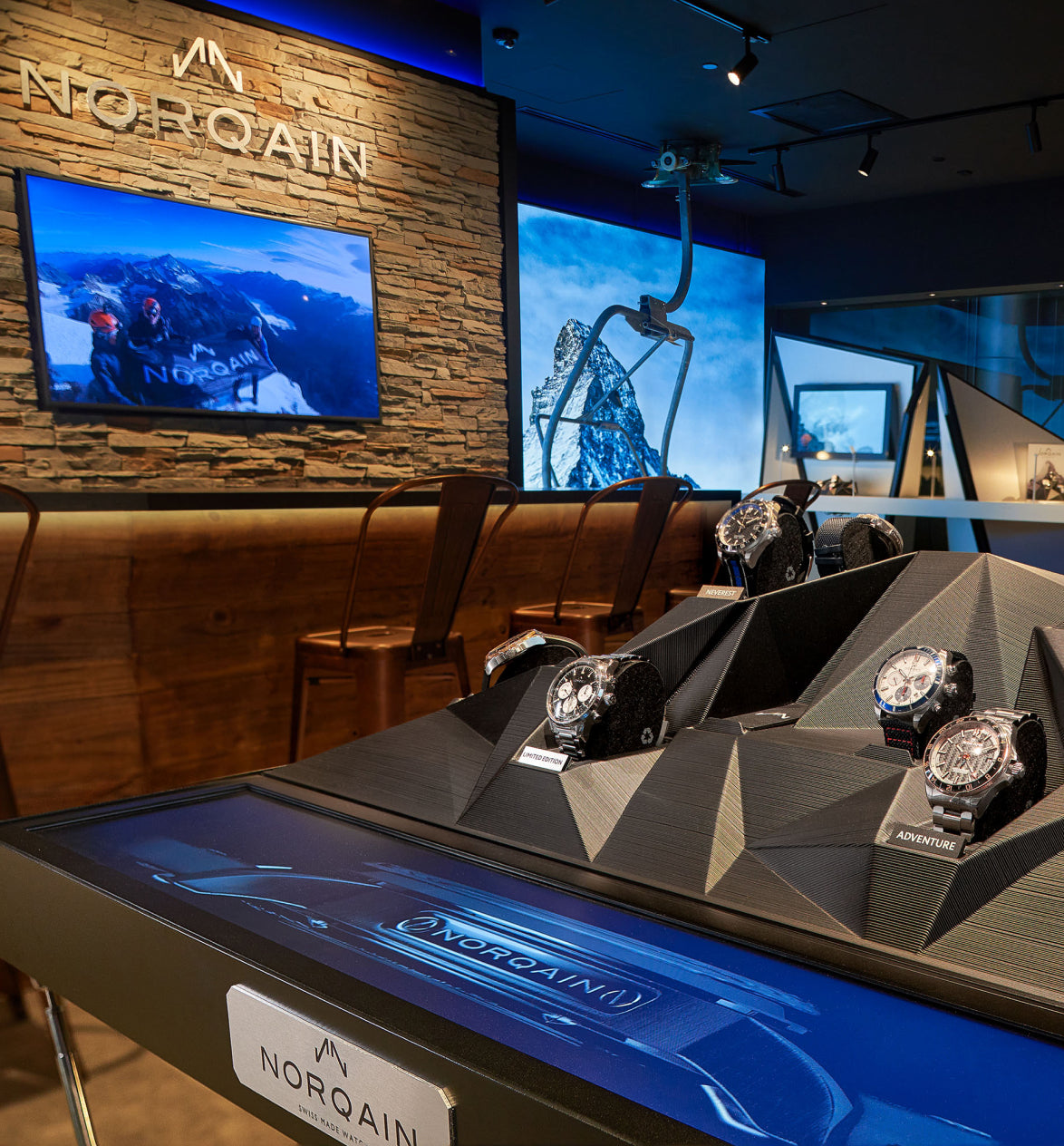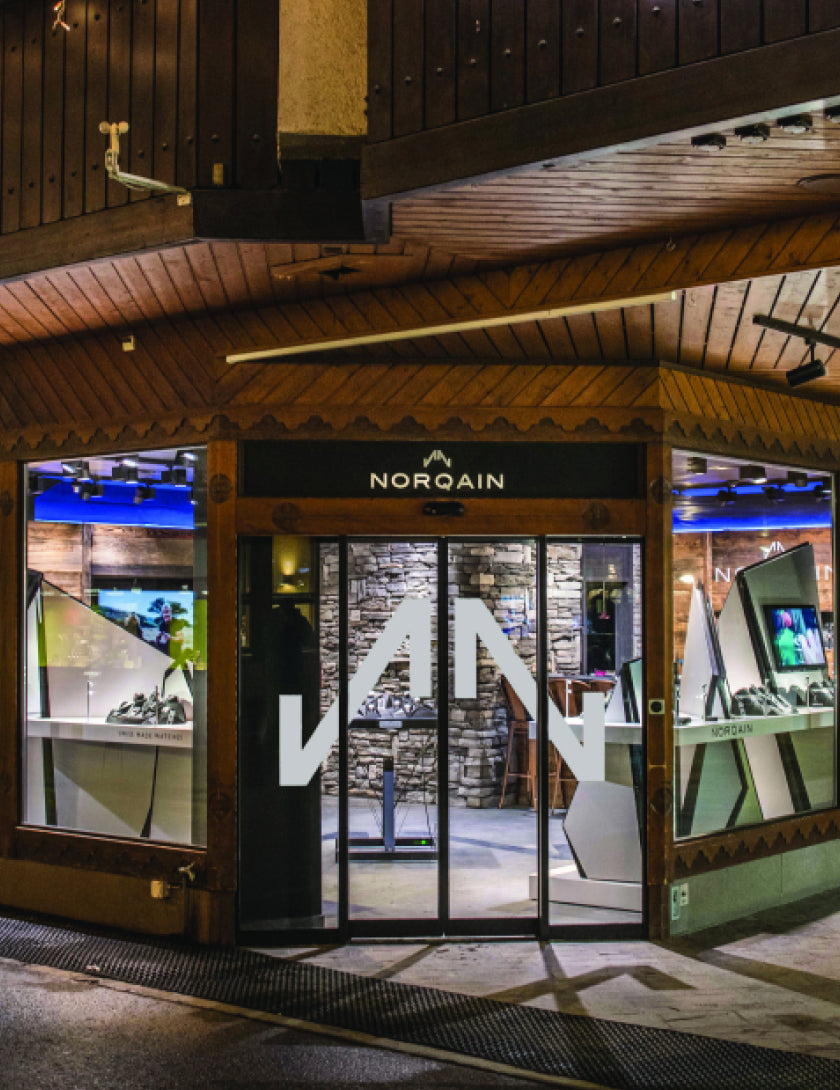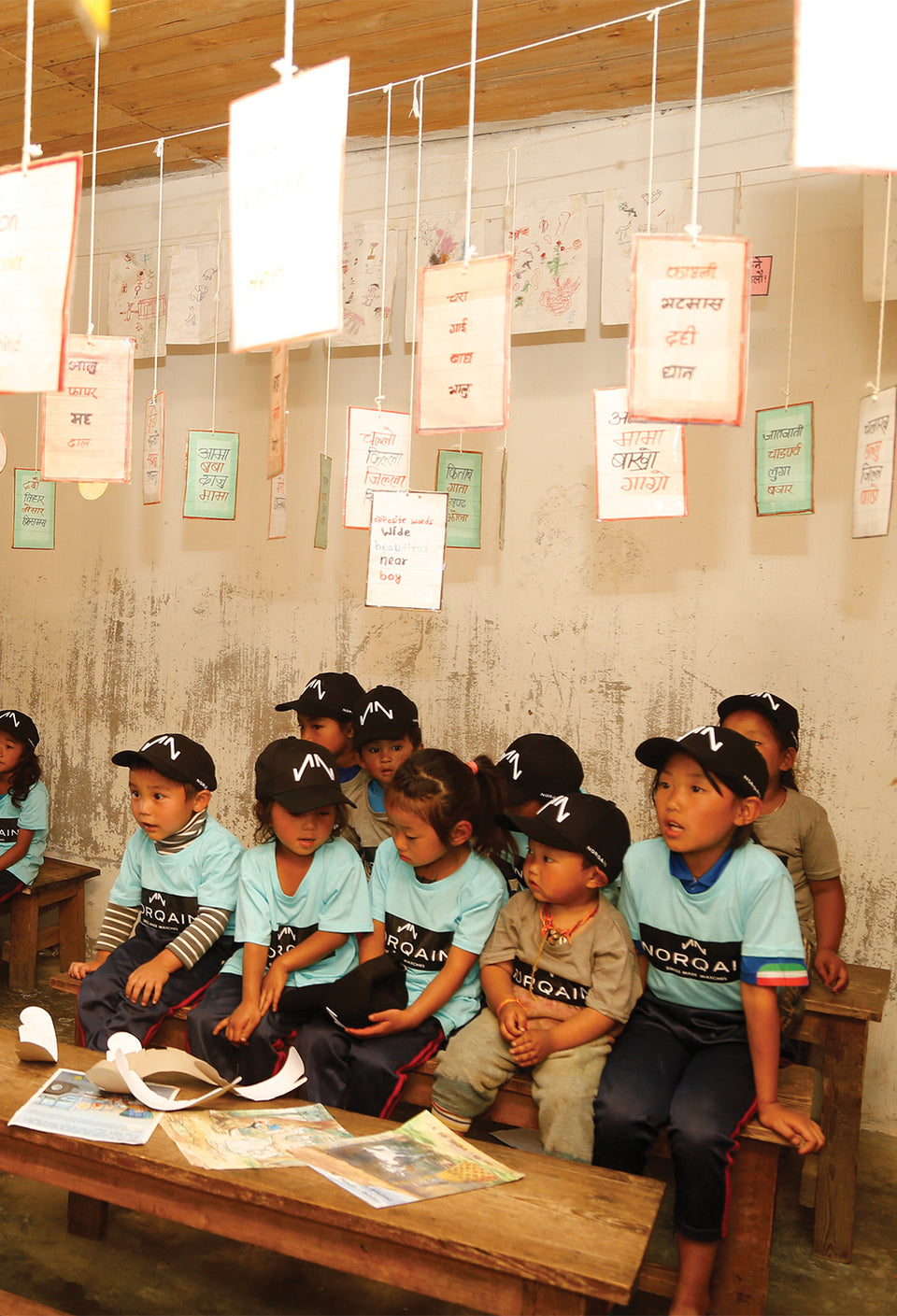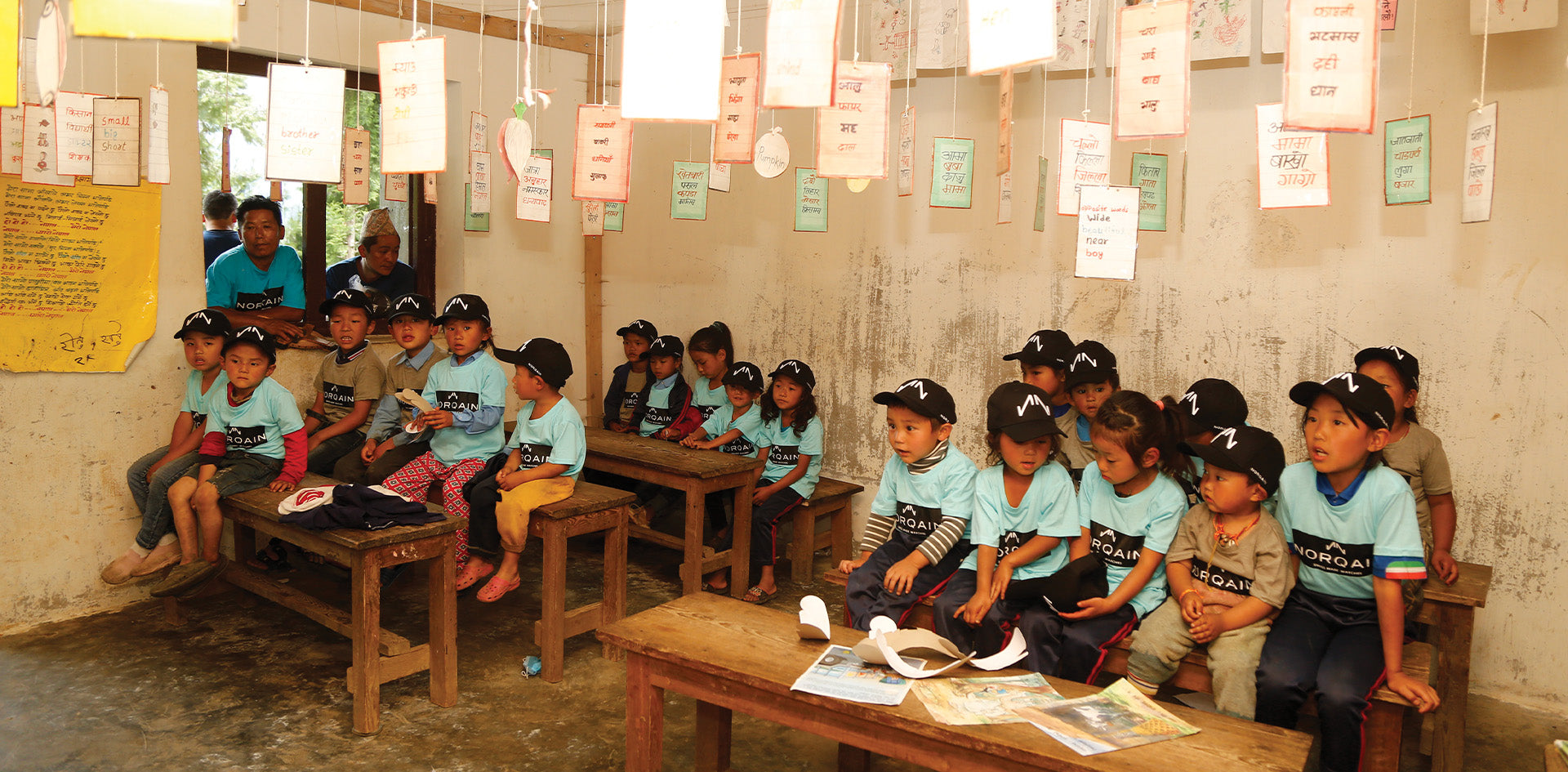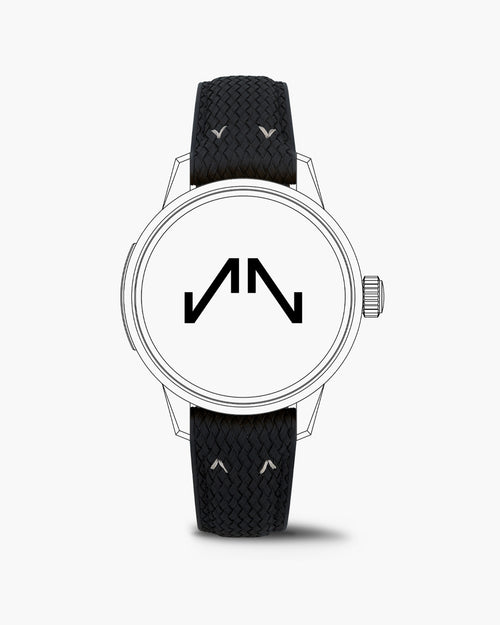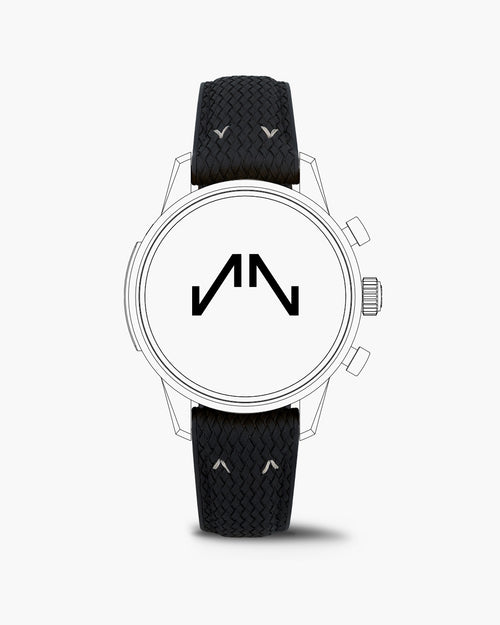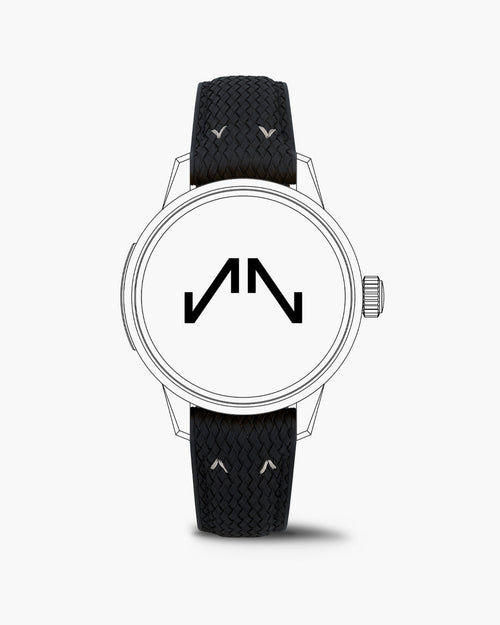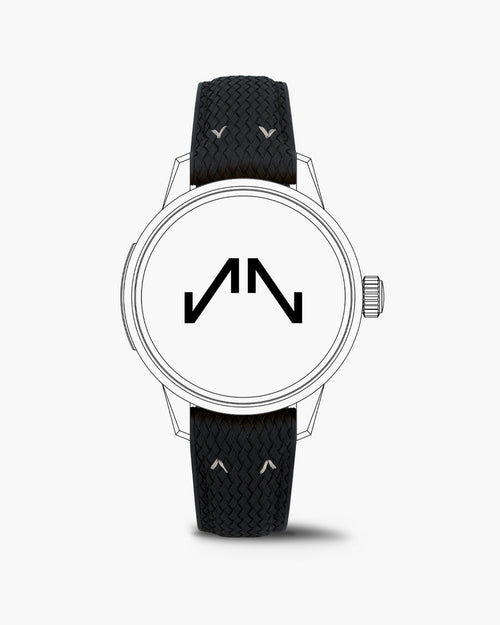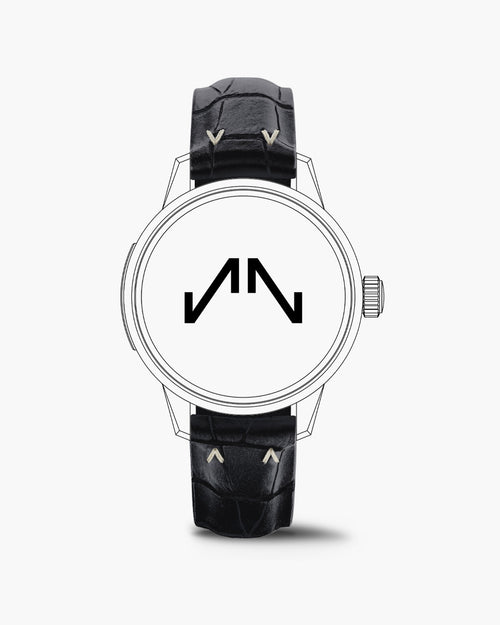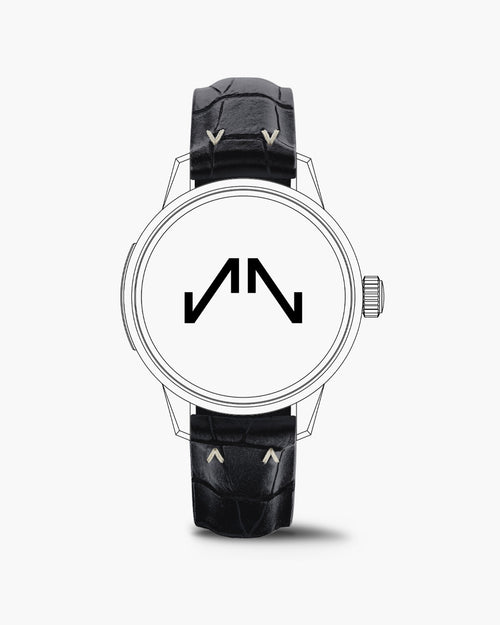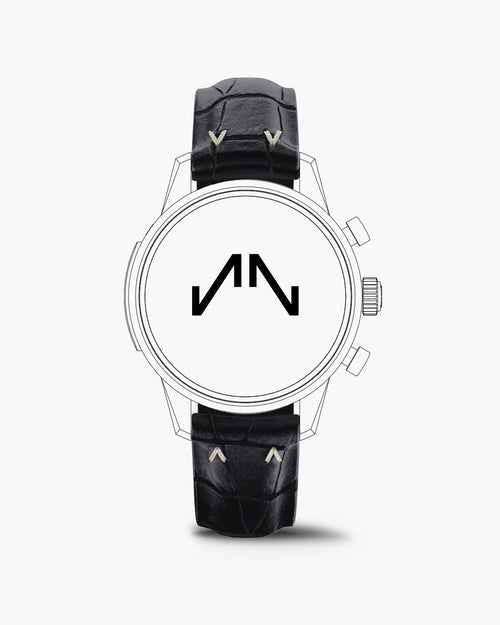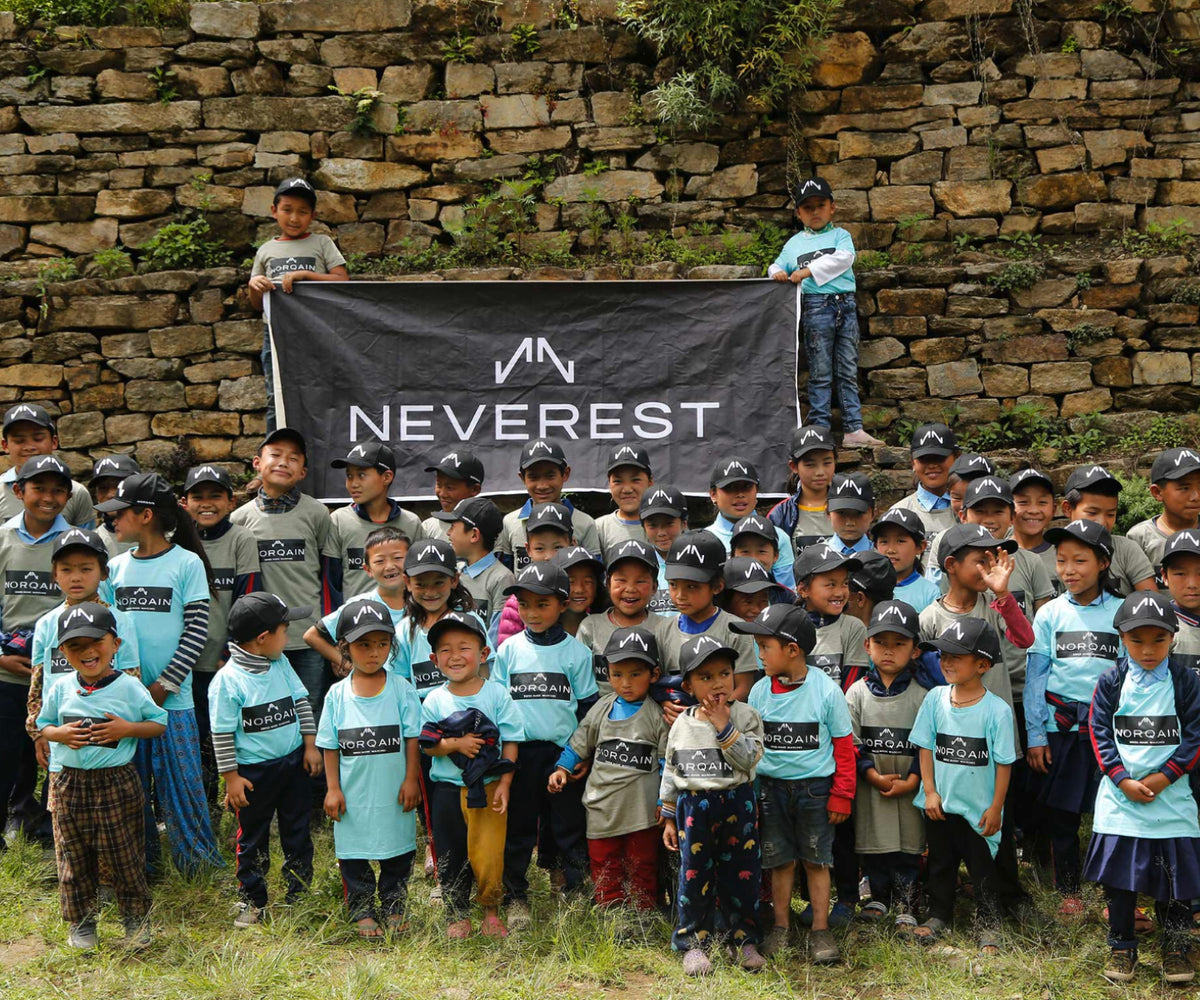
The Butterfly Help Project
We take great pride in our support for the Butterfly Help Project. This organisation, founded by Norbu Sherpa and Andrea Sherpa-Zimmermann of Wild Yak Expeditions, is dedicated to providing assistance to families of sherpas who have tragically lost their lives in the Himalayan mountains, ensuring their children have access to education. As a testament to our commitment, ten percent of the proceeds from NEVEREST sales are donated to this foundation.
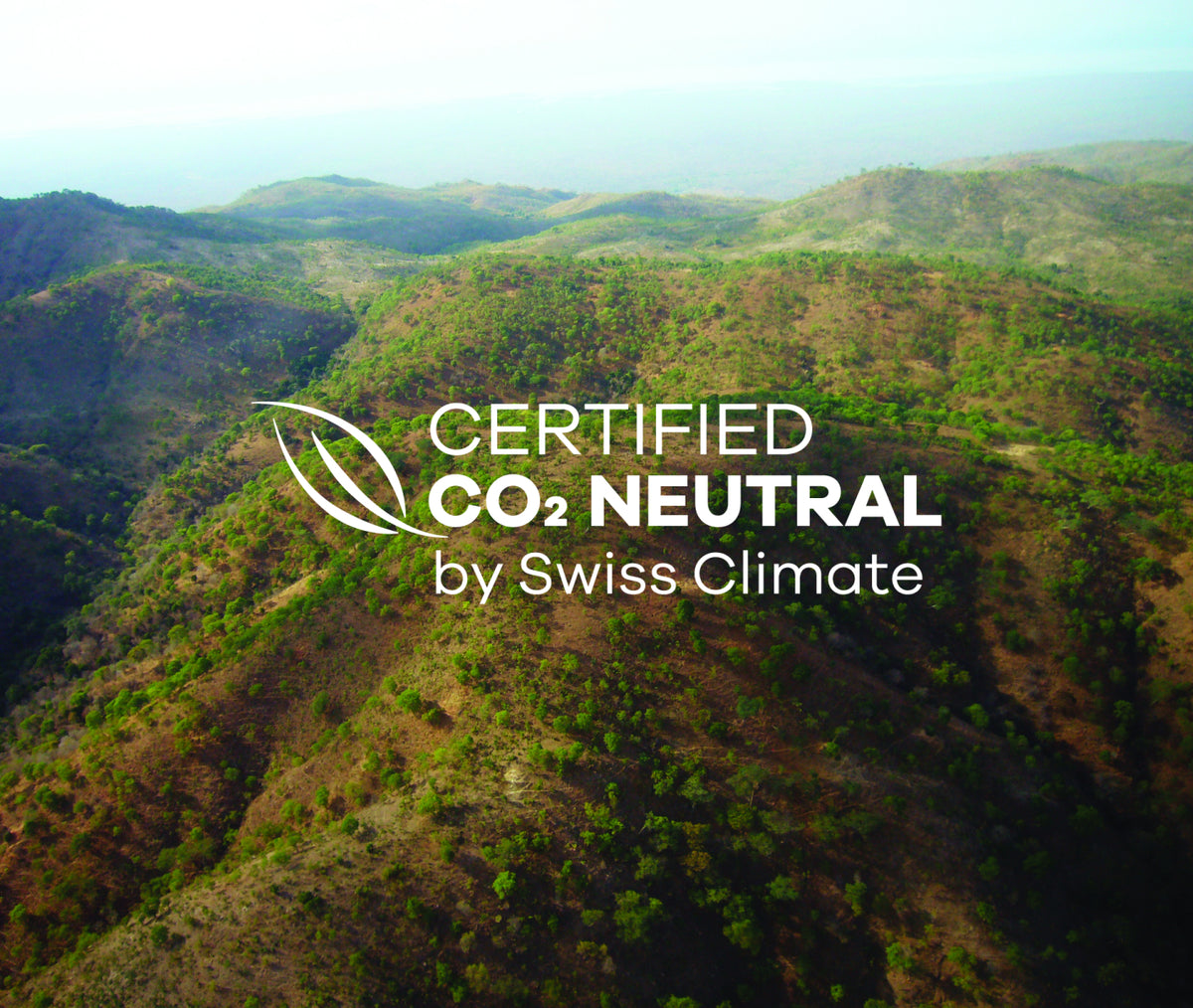
Norqain is CO2–Neutral:Taking Action to Help Our Planet
From watch design to our relationships with suppliers and partners, NORQAIN is deeply influenced by our concern for the environment. You can witness our appreciation for the planet through subtle nods in our mountain-peak logo, our adventurous spirit rooted in outdoor exploration, our partnership with Dean Schneider, and our commitment to animal cruelty free materials. As part of our ongoing efforts to support the environment, we have received the CO2-NEUTRAL certification awarded by Swiss Climate. This significant milestone marks another stride in our commitment to environmental preservation.
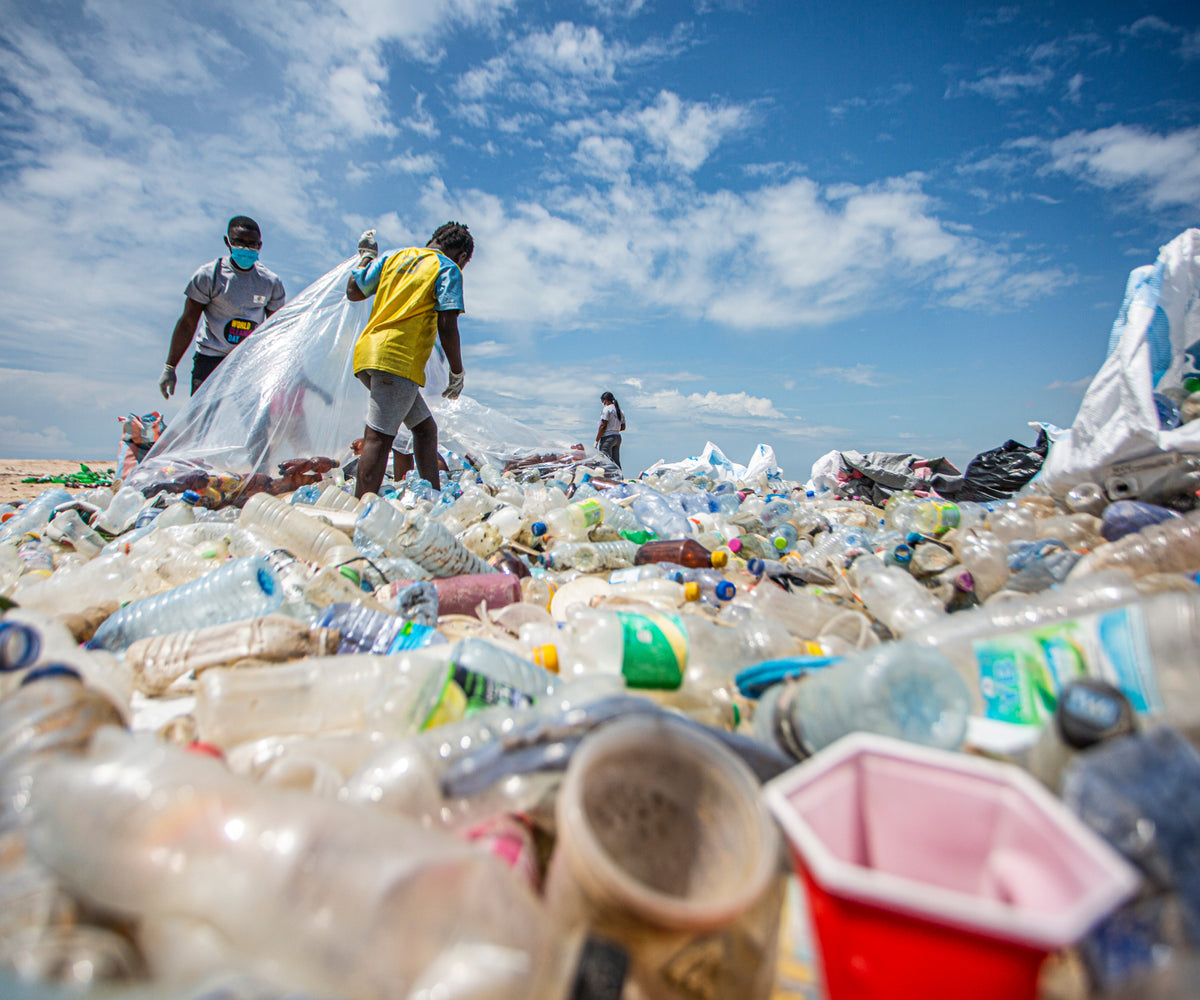
World Cleanup Day
World Cleanup Day is a global movement that since 2018 has united over 71 million volunteers from 197 countries and territories to tackle pollution by collecting over 325’000 tons of waste to date. In partnership with NORQAIN, this annual event mobilises communities to remove waste, fostering environmental awareness and a cleaner, more sustainable planet.
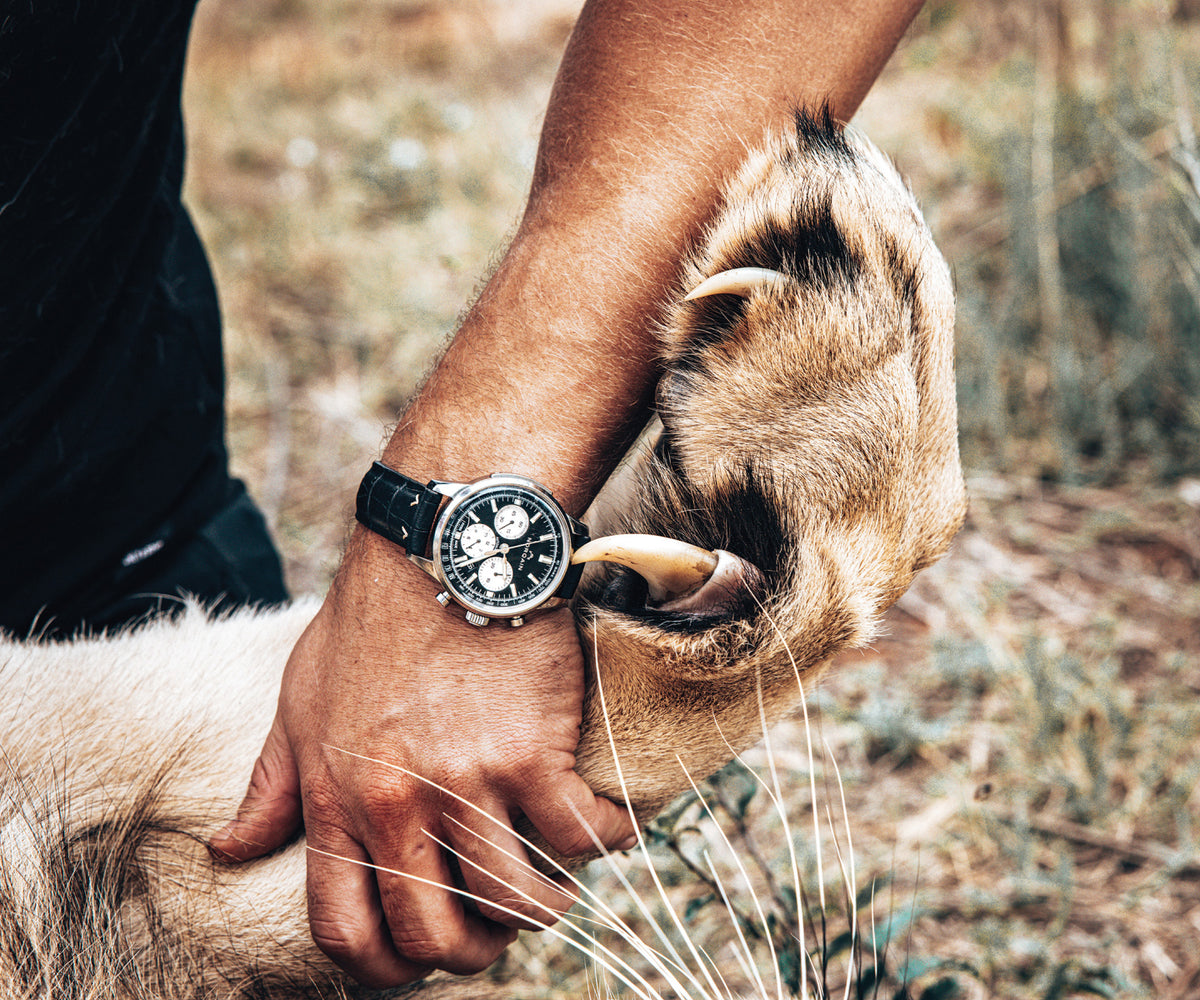
A Commitment
to Animal Cruelty Free
In alignment with our partnership with wildlife ambassador and NORQAINER Dean Schneider, NORQAIN proudly prioritises ethical materials and watch production choices. As part of our firm commitment, we do not offer watches with leather straps.
NORQAIN timepieces showcase a range of animal cruelty-free strap options, including metallic bracelets, fabric straps, and vegan alternatives such as certified vegan leather or rubber. Our current selection of straps includes perlon rubber, croco-style rubber straps, and NATO rubber straps, all produced by BIWI SA – an esteemed Swiss industry leader known for its innovative and vegan-certified products. We also work with tide ocean SA for our upcycled strap options.
Animal Cruelty Free Straps
Our selection of straps includes perlon rubber, croco-style rubber straps and NATO rubber straps that are manufactured by BIWI SA, a Swiss industry leader that has established an international reputation for its innovative, vegan-certified products.
view All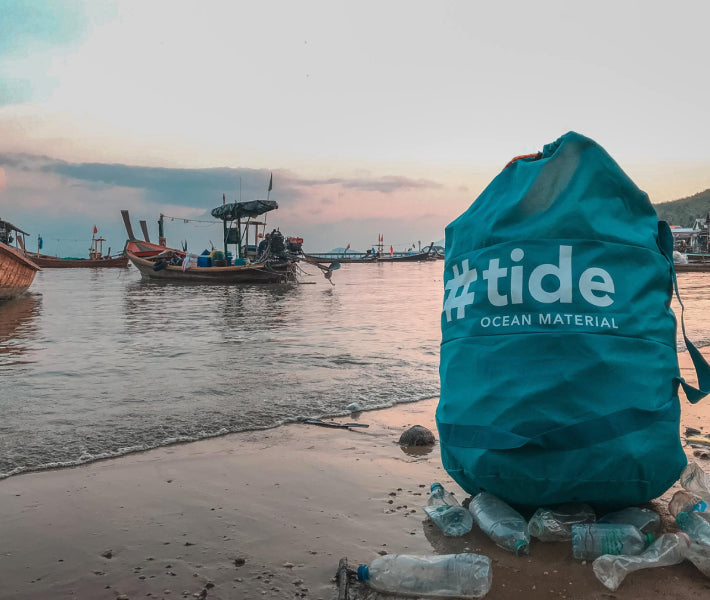
RECYCLING OCEAN-BOUND PLASTIC WITH #TIDE
We teamed up with the Basel-based company tide ocean SA, also known as #tide or #tide ocean material®, to develop an innovative strap option that actively combats ocean pollution. #tide collects plastic trash polluting the ocean and coastlines and, in partnership with the Swiss University of Applied Sciences and the Institute for Materials Technology and Plastics Processing (IWK OST), upcycles it into a premium granular material made of 100% ocean-bound plastic. During this process, no chemicals or virgin plastic is added. This second-life raw material is then used to create other products, such as the yarn that is woven together in our linen fabric strap.
#TIDE Ocean Material Strap
This second-life raw material is then used to create other products, such as the yarn that is woven together in our ivory coloured linen fabric strap.
